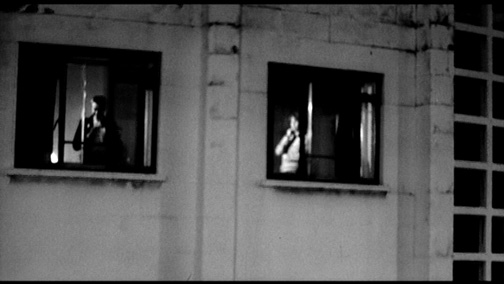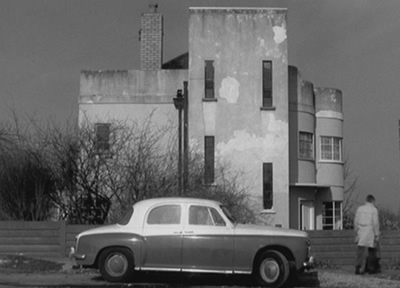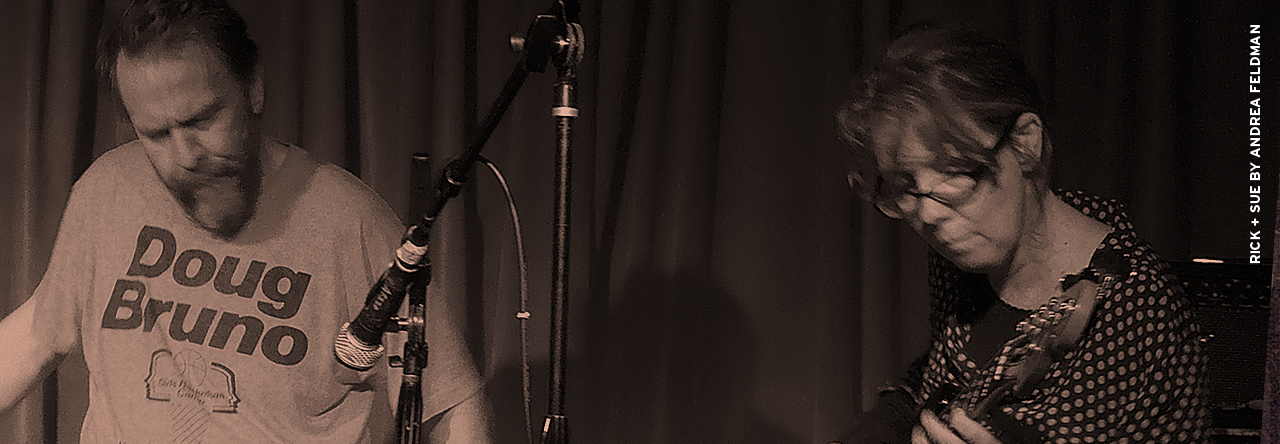
Last night I watched Christopher Petit’s luminous debut feature Radio On[1979]. For a film so spare, so oddly still (despite the road trip which functions as the bare bones plot engine, rather literally), it is thoroughly fascinating from start to finish, and ultimately very moving. The script is minimal, the characters mostly ciphers. And yet. Character is not the point. When you think about the time period (late 70s Britain), the film’s sense of unease, of unrest, makes perfect sense. Petit’s slow, deliberate camera frames the landscape with sociological precision, much of it seen from the interior of London DJ Robert’s vintage car as he drives to Bristol in search of answers in the unexplained death of his brother. His motivations remain veiled; likewise, it won’t spoil the film for you to say that the brother’s life (and death) remain mysterious by the time the final credits roll.
Rather, the film uses music and landscape in tandem to illuminate the creeping disenchantment and dehumanization —gray tower blocks and rows of pylons, factories billowing smoke, endlessly circuitous roads than lead to more entanglement. (Given this backdrop, Kraftwerk’s “Radioactivity” seems positively despairing —the sound of human ingenuity squandered in the name of progress.) Throughout the film, Petit derives maximum potency from minimal means; the way he imbues architecture with melancholy and emotional resonance echoes the lengthy, nearly mute sequence that concludes Antonioni’s L’Eclisse.
 There are also haunting echoes of Edward Hopper in the way that Petit freeze-frames men and women in their own, impossibly separate spheres; also in the way he captures the interior of a busy pub at dusk —laughter rings hollowly and every man is an island unto himself. (Here, Wreckless Eric’s “Whole Wide World” provides the poignant subtext.)
There are also haunting echoes of Edward Hopper in the way that Petit freeze-frames men and women in their own, impossibly separate spheres; also in the way he captures the interior of a busy pub at dusk —laughter rings hollowly and every man is an island unto himself. (Here, Wreckless Eric’s “Whole Wide World” provides the poignant subtext.)
It’s an immensely quiet, ruminative film, its pace nearly glacial but never stagnant. There are wry touches (“Ohm Sweet Ohm” blaring from the radio as Robert’s stalwart car sputters its last) and brutal ones (an AWOL British soldier’s initially bland monologue spirals vertiginously towards psychosis, barely drowned out by the flick of the radio dial). It’s not an entirely uncaring world that we’re in, but one in which we are increasingly cut off from emotional connection to others. That music serves as solace and impediment both is an irony not lost on Petit and his eloquent cinematography.
I leave you with the magisterial sound of ’David Bowie‘s “Heroes” rendered into German. (I believe that “Helden” was originally created for the soundtrack of the German version of “Go Ask Alice”,Christiane F. ) This song opens the film and sets the lustrous yet isolated mood. For some strange reason this sounds even more poignant to me than the original sung in English —Bowie’s voice breaking with equal parts tenderness and desperation.
In contrast we have Devo’s staccato, pin-ball frenetic version of “Satisfaction.” (Compare this to Cat Power’s smoky, almost seductive version —talk about night and day. Yet both capture that kernel of longing, just giving it a different torque.)
Radio On Trailer | Plexifilm Shop | Mark Mothersbaugh [Devo] | Cat Power
![]() Devo, “(I Can’t Get No) Satisfaction” (from Q: Are We Not Men? A: We Are Devo!, 1978)
Devo, “(I Can’t Get No) Satisfaction” (from Q: Are We Not Men? A: We Are Devo!, 1978)
![]() Cat Power, “Satisfaction” (from The Covers Record, 2000; her new album Jukebox is released this week.)
Cat Power, “Satisfaction” (from The Covers Record, 2000; her new album Jukebox is released this week.)


Rhys Tranter
A great review, and a great website. 🙂
Happy holidays,
Rhys